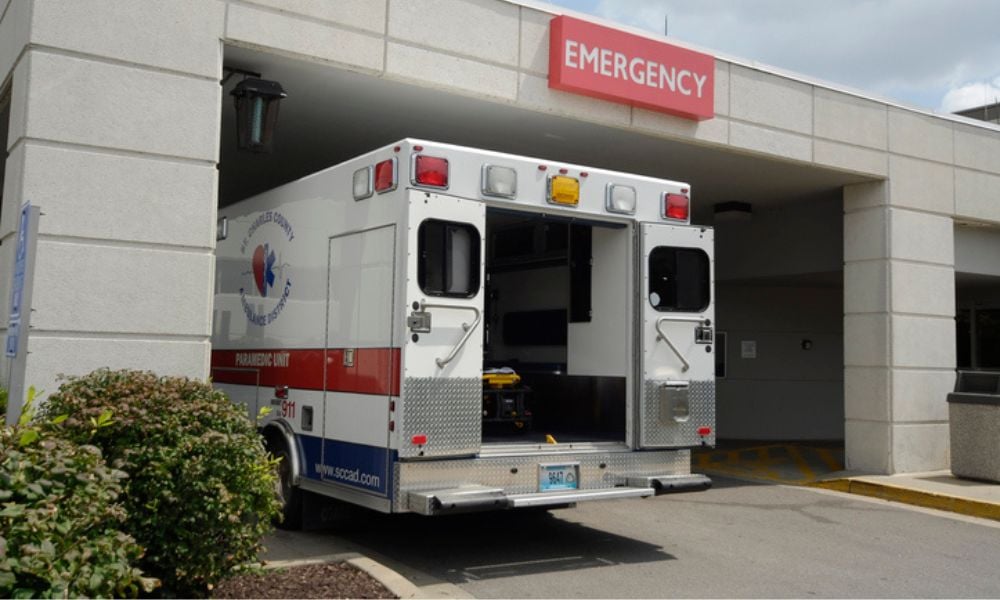
Worker filed negligence claim against hospital after incident with patient, who was also skilled in jiu-jitsu

The Court of Appeal for British Columbia recently dealt with a case involving a worker who appealed the dismissal of his negligence action against his employer.
The worker, who was a psychiatrist, primarily argued that the trial judge erred in law by failing to ask whether the company discharged its duty to provide a safe workplace in the hospital.
Around November 2014, the worker first met the patient, who had not been sleeping, had mood swings, and was erratic and confrontational, in the hospital emergency room.
Days later, the worker again saw the patient and shared the opinion of the patient’s general practitioner that he needed to be admitted to the hospital involuntarily under the Mental Health Act.
The staff was then advised that the worker was an MMA fighter and highly skilled in jiu-jitsu and that they should take extra precautions because he could get angry and hurt someone.
When the worker assessed the patient on 27 November, he showed a flight of ideas and pressure of speech consistent with psychosis and schizophrenia.
The case stated that the patient had several incidents of eloping and climbing over a fence from the Inpatient Psychiatry Unit (IPU).
On December 5, a nurse advised the worker that the patient was doing better and that he should come into the IPU to reassess him. Later that day, the same nurse noted that the patient was “feeling hyper” but this was not verbally communicated to the worker.
Nonetheless, the worker accompanied the patient into a treatment room to reassess him, approaching the patient calmly and politely.
“As they sat across from each other, [the patient] leaned down as if he had dropped something and, without warning or any apparent precipitating event, he punched the [worker] in the face,” the Commission stated. “The [worker] was reaching for a panic button when he was hit again and lost consciousness.”
Because of the incident, the worker had to undergo surgery to repair his injuries as his jaw was broken in two places, and his right eye was badly injured. He also suffered from both depression and post-traumatic stress because of the incident.
Ultimately, the worker attributed the assault to the company’s failure to discharge its responsibility to take reasonable care to ensure that the workplace was safe.
After examining the case, the Court dismissed the worker’s appeal as it found that the trial judge did not err in his analysis of the negligence claim.
“The judge did not err in concluding that the evidence was insufficient to establish what the respondent was required to do to ensure the hospital was a reasonably safe work environment,” the Court stated. “The appeal should be dismissed on that basis alone.”
While the worker asserted that the standard of care required the company to implement various policies which together would eradicate the risk of harm to physicians, the Court acknowledged that the judge considered only whether the lack of one measure or another, in isolation, would have prevented the assault.